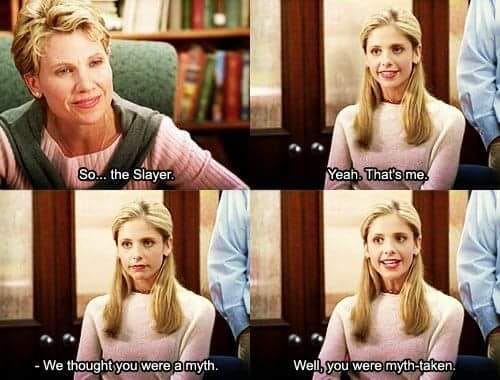Welcome to Myth Takes!
Welcome to Myth Takes, a newsletter with musings on Sisyphean tasks, Herculean labors, and other unnecessarily classically inflected thoughts on literature, culture, parenting, and gender by me, Donna Zuckerberg. I’m a recovering academic1 and the author of Not All Dead White Men (more on that later). I got a PhD in Classics from Princeton in 2014 (more on that, too) and from 2015 to 2020 ran a feminist Classics publication called Eidolon (basically, feel free to forget all of this detail, I’ll be rehashing it soon). I’ve spent the last few years adjusting to a life in a queer modern family that is joyously, generatively, enormously different from anything I ever expected, and I’m currently in the process of turning my thoughts about the evolution of my family into a memoir, Antiquated: Gender, Marriage, and Other Myths I Used to Love. Most of my non-writing, non-parenting time is spent playing video games, reading, and baking, all of which deeply inform my thinking.
If you’re wondering if the world needs another Substack, I get it. I have a bit of a newsletter subscription problem myself. Every morning when I wake up and open my inbox, the sheer number of newsletters in there makes me want to immediately go back to sleep.
But after a few cups of coffee are in me, I’m always glad those newsletters are there. And as bigger feminist publications continue to die out, this ecosystem has become one of the most vibrant and exciting places for feminist discourse. It’s basically this and TikTok, and I’m definitely more of a writer than a video producer.2
Why “Myth Takes”? In part, because I’ve got a lot of them. I’ve always been a bit of a classical myth nerd. It started with a copy of D’Aulaires’ Book of Greek Myths I wore out as a child, dozens of hours spent playing the underrated RTS game Age of Mythology, and a high school elective studying Ovid. Then it was an independent study in college reading the works of the mythographers Hyginus and Apollodorus (it’s ok if you don’t know who they were, I promise) and a personal statement in my graduate applications where I wrote that my main interest was “the literary use of myth” and “how authors take advantage of existing mythological tradition to tell their own unique story with its own complexities and meaning.”3 I taught mythology classes for the better part of ten years and started, but did not finish, writing multiple YA novels based loosely on myths. I’ve read ten damn Percy Jackson books.
Another way to say all that is that I got into myth as a kid because it was fun and weird, and then I got unnecessarily analytical, research-based, and pedantic about it because that’s what I do with everything. But what if we could merge the best of both of those approaches?
My plan for this space is to share some of my thoughts about intersections of myth and life, along with writing and motherhood and video games – in short, all my obsessions. From reflections on my high school Antigone paper and stories about some truly terrible opinions I heard from grad school boys about infant care in Greek tragedy to an analysis of which classics-related video games are good (HADES), I have a lot of thoughts.
I’m also hoping to amplify the work of amazing writers through reviews, interviews, and maybe some guest posts. Maybe a classical adaptation book club. Whatever feels right (and please feel free to share what you’d be excited to read about in the comments!).
I hope my myth takes will be entertaining, or make you think about the world in a new way, or make you feel seen. I hope you and I can both learn something from them. I hope this can be a weird and joyful space where we can have fun together.
But still a completely unapologetic footnote-lover.
Producing videos would also mean having to listen to recordings of what I call my “resting sarcasm voice,” a fate worse than death.
I find this SO CRINGE even though it’s a fair statement and I’m not totally sure why!




I just found you through Lyz Lenz and am reading your posts. I love this quote from your grad application: "My main interest was “the literary use of myth” and “how authors take advantage of existing mythological tradition to tell their own unique story with its own complexities and meaning.”3 But I don't understand why you now find that "cringe." I think it's a fascinating perspective! Rather a graduate-level "Steal Like an Artist" (Austin Kleon). Or the literary idea that there are a limited number of plot lines. Or. Anyway, I don't think it's cringe at all. Have you read "Lab Girl" by Hope Jahren?
Donna, I’m so happy you’re doing this! I was an avid Eidolon reader back in the day and I’ve missed it terribly. Happy to have another way to enjoy your writing, and looking forward to watching this space ☺️